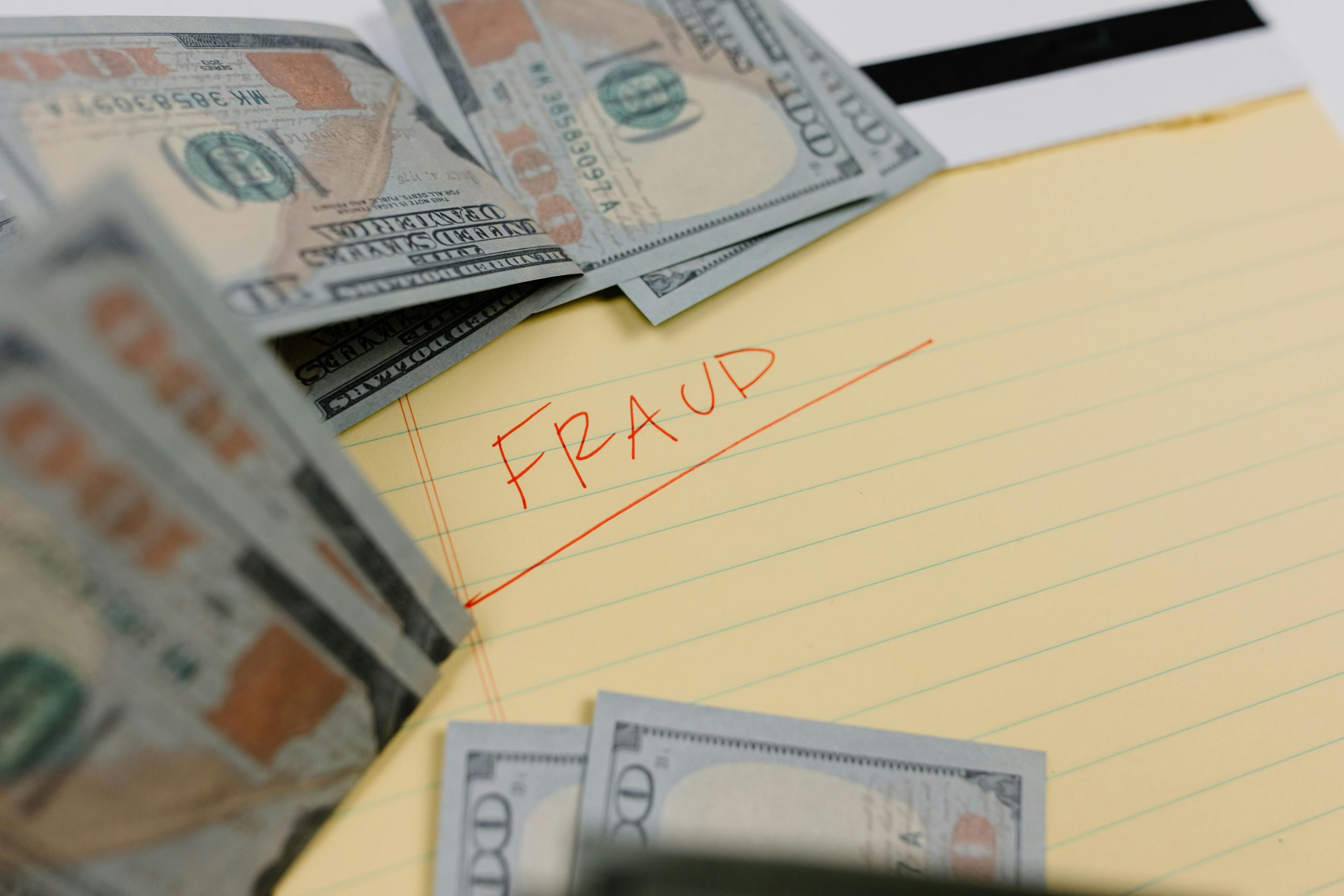Investing can be a great way to grow your wealth, but not all opportunities are legitimate. Among the most notorious investment scams are Ponzi schemes—fraudulent operations that promise high returns with little risk but ultimately collapse, leaving investors with devastating losses. Understanding how these scams work and learning to spot the warning signs can protect your hard-earned money. In this guide, we’ll break down what Ponzi schemes are, how they operate, and the red flags to watch for.
What Is a Ponzi Scheme?
A Ponzi scheme is a type of investment fraud where returns are paid to earlier investors using funds from newer investors, rather than from legitimate profits. The scheme relies on a constant influx of new money to sustain itself, and when recruitment slows or stops, the entire operation collapses. Named after Charles Ponzi, who became infamous for this scam in the 1920s, these schemes often target unsuspecting individuals with promises of guaranteed or unusually high returns.
How Ponzi Schemes Work
Ponzi schemes follow a predictable pattern:
- False Promises: The fraudster lures investors with claims of high, consistent returns with little to no risk.
- Early Payouts: Initial investors receive payments to build trust, but these come from new investors’ money, not actual profits.
- Recruitment Focus: The scheme relies on bringing in more investors to pay earlier participants, creating a cycle of dependency.
- Collapse: When new investments dry up, the scheme collapses, and most investors lose their money.
Red Flags of a Ponzi Scheme
Recognizing the warning signs can help you avoid falling victim to a Ponzi scheme. Here are the most common red flags:
1. Guaranteed High Returns with No Risk
All investments carry some level of risk. If an opportunity promises unusually high returns with zero risk, it’s likely a scam. Legitimate investments don’t guarantee profits, especially not at unsustainable rates.
2. Overly Consistent Returns
Market fluctuations are normal, and even the best investments experience ups and downs. If an investment claims to provide steady, unvarying returns regardless of market conditions, be suspicious.
3. Lack of Transparency
Fraudsters often avoid providing clear details about how the investment works. If the strategy is vague, overly complex, or secretive, it’s a major warning sign.
4. Pressure to Recruit New Investors
Ponzi schemes rely on a constant stream of new money. If you’re encouraged to bring in friends and family or pressured to invest quickly, it’s a strong indicator of fraud.
5. Unregistered or Unlicensed Investments
Many Ponzi schemes operate outside regulatory oversight. Always verify that the investment and the person offering it are registered with the appropriate financial authorities.
How to Protect Yourself from Ponzi Schemes
Prevention is the best defense against investment scams. Follow these steps to safeguard your finances:
1. Research Before Investing
Never invest based solely on word-of-mouth or flashy presentations. Investigate the company, its track record, and the people behind it. Check for complaints or regulatory actions.
2. Verify Credentials
Ensure the investment professional and the firm are licensed and registered with regulatory bodies like the SEC (U.S. Securities and Exchange Commission) or FINRA (Financial Industry Regulatory Authority).
3. Be Skeptical of “Too Good to Be True” Offers
If an investment sounds too good to be true, it probably is. Compare the promised returns with market averages—anything significantly higher without a clear, plausible explanation is a red flag.
4. Avoid Investments That Lack Documentation
Legitimate investments provide detailed prospectuses, contracts, and regular statements. If paperwork is missing or incomplete, walk away.
5. Diversify Your Investments
Spreading your money across different asset classes reduces risk. If one investment fails, it won’t wipe out your entire portfolio.
What to Do If You Suspect a Ponzi Scheme
If you believe you’ve encountered a Ponzi scheme—or worse, invested in one—take action immediately:
- Stop Investing: Do not put in any more money.
- Gather Evidence: Save all communications, contracts, and transaction records.
- Report It: Contact your local securities regulator, the SEC, or another financial watchdog.
- Consult a Professional: Seek legal or financial advice to explore recovery options.
Conclusion
Ponzi schemes continue to trap unsuspecting investors, but knowledge is your best defense. By recognizing the warning signs—such as guaranteed high returns, lack of transparency, and pressure to recruit—you can avoid falling victim. Always conduct thorough research, verify credentials, and remain skeptical of offers that seem too good to be true. Protecting your financial future starts with staying informed and vigilant against scams.
